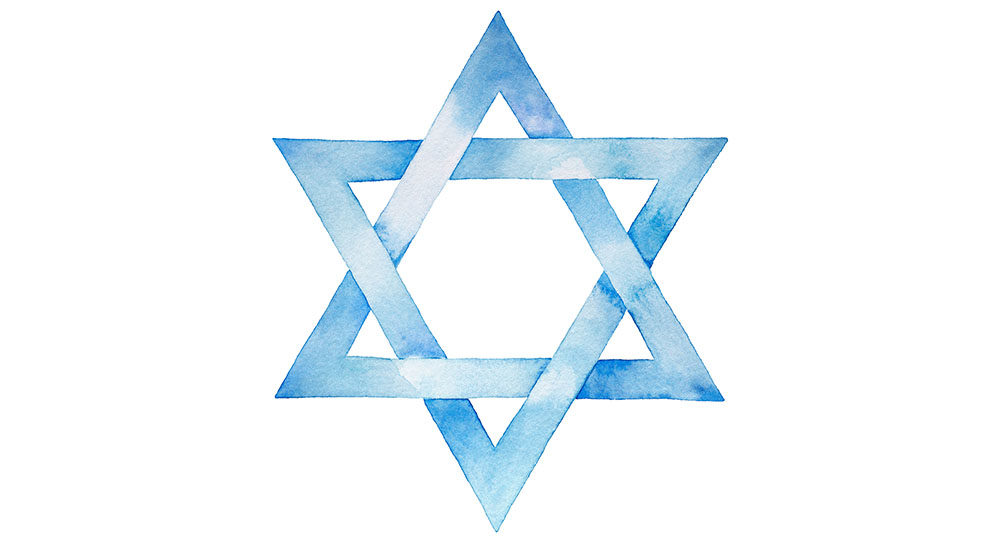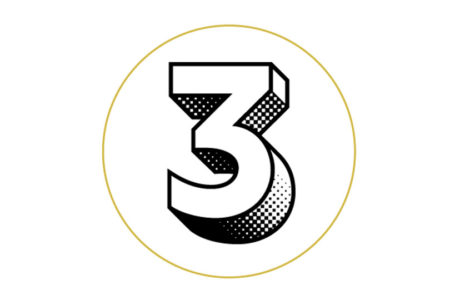Judaism 2.0
The dispersion not only scattered the Jewish people, but it changed the face of Judaism as well.
On a radio call-in show some years ago, a listener asserted the world “would be better off without Jews.” Another listener called in to respond, and his reply is worth repeating.
He basically said, “If you ever develop heart disease, don’t use digitalis because it was discovered by a Jew. If you get diabetes, you’d better not take insulin because it was researched by a Jew. How about headaches? Do you get those? Well, don’t take pyramidon or antipyrine because they were discovered by two Jewish doctors. How about polio, diphtheria, and tuberculosis? The vaccines to treat those awful diseases were discovered by Jews. You may want to live in a world without Jews, but the reality is you wouldn’t be very healthy!”
Jewish people constitute a mere one tenth of 1 percent of the world population, yet their contributions to the world have been extraordinary. Even in the Diaspora, far from their homeland, God watches over His people and makes them a blessing (cf. Ps. 121:8).
Of the more than 900 Nobel Prizes awarded between 1901 and 2018, at least 203 have gone to Jewish individuals and organizations.1 The categories include chemistry, physics, literature, economics, and medicine.
Even skeptics are baffled, like English evolutionary biologist Richard Dawkins, an avowed atheist. “The number of Jews who have won Nobel Prizes is phenomenally high,” he told The New Republic, calling the fact “astounding, and I am puzzled about it.”2 He added, “But I don’t think it is a minor thing; it is colossal.”3
God has been using His people to bless the world for millennia. Nevertheless, as they entered the Diaspora, they faced many challenges. How were they to maintain a distinct Jewish religious identity in foreign, even hostile, cultures? It became a struggle from generation to generation (78:6).
The home and synagogue became the keys to maintaining a sense of Jewishness. So biblical beliefs would not be forgotten, some biblical laws and practices were modified, such as keeping kosher, praying three times a day, observing feast days, the rite of circumcision, keeping the Sabbath, and many other practices.
In the synagogues, designed to be set up anywhere 10 Jewish men could gather, the land of Israel was kept in remembrance. Part of the worship liturgy focused on the homeland and Jerusalem, as evidenced by Psalm 137:5–6: “If I forget you, O Jerusalem, let my right hand forget its skill! If I do not remember you, let my tongue cling to the roof of my mouth—if I do not exalt Jerusalem above my chief joy.”
Why Things Changed
Biblical Judaism revolves around blood sacrifice at the Temple in Jerusalem. Judaism today does not. The new religious tradition began with an incident before Jerusalem was destroyed in AD 70. A rabbi named Yohanan ben Zakkai escaped from the besieged city. Once outside, he approached the Roman commander who granted his request to establish a study center (yeshiva) west of Jerusalem. There he launched a restructured Jewish faith that came to be known as Rabbinic Judaism.
The Bible, though respected, would become secondary. Judaism’s tenets now would come from tutorial books called the Talmud, which means “learning instruction.”
Ben Zakkai persuaded his council members to replace the concept of animal sacrifice with prayer and good deeds called mitzvot. This change was based on his personal interpretation of Hosea 6:6. The story in the Talmud goes like this:
“Woe unto us,” Rabbi Joshua cried, “that this, the place [the Temple] where the iniquities of Israel were atoned for, is laid waste.”
“My son,” Rabban Yohanan said to him, “be not grieved. We have another atonement as effective as this. And what is it? It is acts of lovingkindness, as it is said, For I desire mercy, not sacrifice [Hos. 6:6] (Abot de Rabbi Nathan, trans. Goldin, 34).4
Unfortunately, Rabbi Ben Zakkai’s assertion ran contrary to the biblical statute: “For the life of the flesh is in the blood, and I have given it to you upon the altar to make atonement for your souls; for it is the blood that makes atonement for the soul” (Lev. 17:11).
A sad, sobering scene occurred when Rabbi Ben Zakkai lay on his death bed weeping:
His disciples said unto him: Lamp of Israel, pillar of the right hand, mighty hammer! Wherefore weepest thou? He replied: . . . Now that I am being taken before the supreme King of Kings, the Holy One, blessed be He, who lives and endures for ever and ever . . . who if He puts me to death puts me to death for ever, and whom I cannot persuade with words or bribe with money . . . there are two ways before me, one leading to Paradise [heaven] and the other to Gehinnom [Hell], and I do not know by which I shall be taken.5
Apparently, he had no assurance in his own religious creation.
IN THE SHADOWS OF THE ANCIENT TEMPLE
Step into Israel’s history with this unique look at the Temple in In the Shadows of the Ancient Temple DVD.
However, there were Jewish people then, as well as today, who recognized the Messianic fulfillment for animal sacrifices. They understood and shared with the world what the writer of the book of Hebrews scripted: “Not with the blood of goats and calves, but with His own blood He entered the Most Holy Place once for all, having obtained eternal redemption” (Heb. 9:12).
Jesus the Messiah fulfilled the sacrificial law, providing eternal redemption for those who believe. There was no need for the Temple. God did not leave His people without a means of blood redemption, as prescribed in the Law. The means was Jesus.
The Takeaway
In 1867 American writer Mark Twain traveled through the Middle East. In 1899 he wrote an essay for Harper’s Magazine on his thoughts about the resilience of this infinitesimally small number of people called Jews:
The Jew ought hardly to be heard of, but he is heard of. . . . The Egyptian, the Babylonian, and the Persian rose, filled the planet with sound and splendor, then faded to dream-stuff and passed away; the Greek and the Roman followed; and made a vast noise, and they are gone; other people have sprung up and held their torch high for a time, but it burned out, and they sit in twilight now, or have vanished. The Jew saw them all, beat them all, and is now what he always was, . . . no dulling of his alert and aggressive mind. All things are mortal but the Jew; all other forces pass, but he remains. What is the secret of his immortality?
Had I met Mr. Twain, I probably would have answered his question by sharing these verses from Scripture: “For the LORD loves justice, and does not forsake His saints; they are preserved forever” (Ps. 37:28). “For I will contend with him who contends with you, and I will save your children. . . . All flesh shall know that I, the LORD, am your Savior, and your Redeemer, the Mighty One of Jacob” (Isa. 49:25–26).
One of the greatest lessons from the Diaspora is that God loves the Jewish people and is keeping His promise that they will be a blessing and will never disappear from the earth.
ENDNOTES
-
- “Jewish Biographies: Nobel Prize Laureates,” jewishvirtuallibrary.org (tinyurl.com/y4twwvl4).
- Isaac Chotiner, “Interview: Richard Dawkins Keeps Making New Enemies,” The New Republic, October 28, 2013 (tinyurl.com/yyulkmha).
- Ibid.
- Jacob Neusner, Judaism in the Beginning of Christianity (Fortress Press, Philadelphia, PA: 1984), 96, books.google.com (tinyurl.com/y59luyf8).
- Babylonian Talmud: Tractate Berakoth 28b, Gemara (http://come-and-hear.com/berakoth/berakoth_28.html).









I would like your thoughts on keeping the Sabbath day. The disciples of Jesus kept observing after Jesus death.
The Jew is just another proof to believe the Bible was inspired by God. So long as you are intellectually honest.
What a wonderful article–full of insights based on facts. I’m 73, goyim, and ever since I was about 15 I felt like I should have been born Jewish, like I missed out somehow. Now I’m a branch grafted into the main vine and that will always be good “enough.”
Wow, this was very fascinating and a great launching pad to further studies about the diaspora… Have you done research on the false teaching of British Israelism which says that Ephraim is Britain and Menasseh is America? I have been doing some research because it is being taught on a local radio station and I would like to see biblical proof against it… so far I have not except for many obvious statements in the Bible about those two tribes… and unfortunately what one gets from a google search is mostly a pro stance by the Armstrongism and break-away groups… I’m really enjoying “Israel My Glory” as a further source for my continuing study of our biblical roots. Thank you and bless you… Shalom.